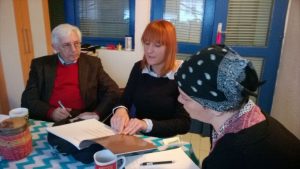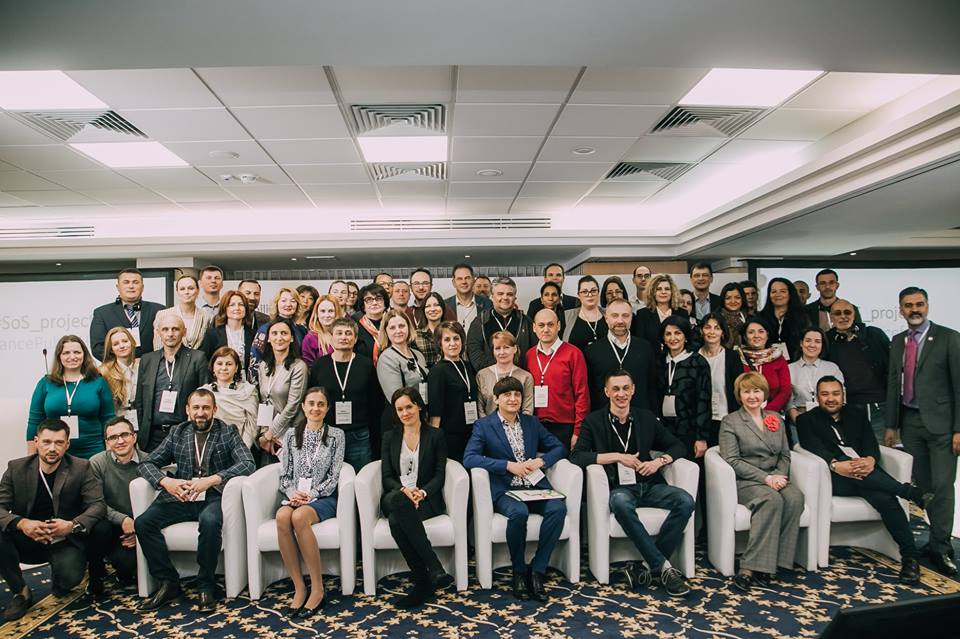The delegation of the Drug Policy Network South East Europe, including Board member Vlatko Dekov and Executive Director Milutin Milošević, visited Albania from 11 to 14 October 2016. Aim of the visit was to present DPNSEE to the Albanian society and build strong relationships with the authorities, institutions and services.

Methadone centre in organisation Aksion Plus
Our great hosts were Genci and Erlind, colleagues from the member organisation Aksion Plus. They welcomed us in the building they built themself, from the ground! It is an amazing place, providing great conditions for work and different kinds of activities.
The building hosts one of currently 6 methadone centres the organisation holds throughout the country – and two more are to be opened soon. Aksion Plus, an NGO, is the only institution that provides opioid substitution therapy in the country! No hospital, no ambulance, no other state institution. A unique case in the World.
The delegation met with Mr Ulsi Manja, Member of the Parliament active in the Justice System Reform Committee, who works on changes of legislation which would hopefully result in creating structures which will support people with special needs, including drug addicts, and bring more flexibility to the penal code. Special efforts are invested in changing the famous Article 289 to make difference between drug use and drug related criminal.

Open and informative talk with Mr Ulsi Manja, Member of the Parliament
Meetings with the officials from the Ministry of Interior were an exceptional opportunity to hear from people who organised the famous „Operation Lazarat“ which led to cleaning this centre for cannabis production in the country. Unfortunately, what followed is that cannabis production is now absolutely decentralised and it is cultivated on thousands of places all around the country. Jokes that describe the situations tell that „Albania is going green“ with cannabis fields all around and that „policemen are turned into agriculture workers“ destroying them.
The delegation also met the person which coordinates work of the prefectures which were introduced to enhance local governance and support provided from the national level.
Professionals from the Institute for Public Health gave valuable insight in their activities on fighting HIV/AIDS (Mr Roland Bani) and training and prevention (Ms Andia Meksi). Good news is that the Global Fund will extend their support for these programmes for two more years.
It was also of great value to meet with Dr Sokol Morina, the Drug issues coordinator in the Ministry of Health. He gave a good insight in the changes in the society after the democratisation, which haven’t so much changed the practice of drug use.
 Good exchange with Dr Sokol Morina and Željko Tadić
Good exchange with Dr Sokol Morina and Željko Tadić
The delegation also met with Željko Tadić, coordinator of the therapeutic community Pope John XXIII and exchanged about their approach and results. Unfortunately, there was no time to visit the community which is settled in a village near Shkoder.


















